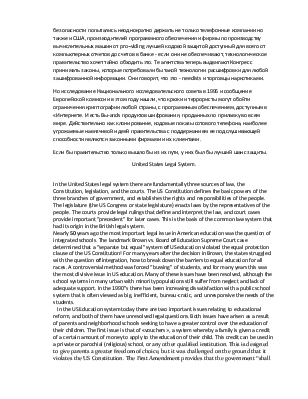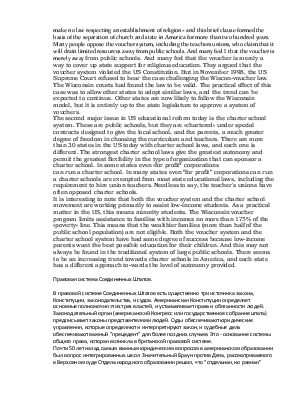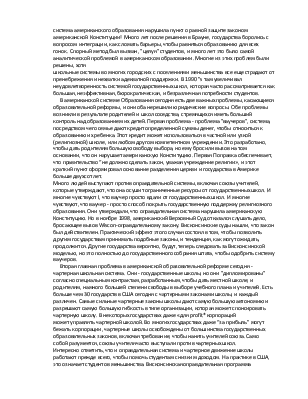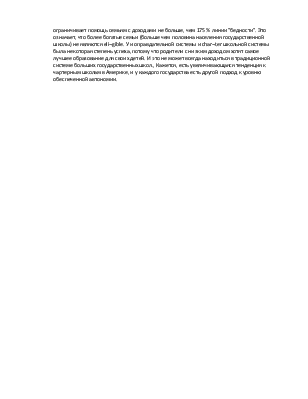




Privacy and More at Risk.
Privacy and More at Risk The security; of personal communications appears again to have succumbed to government's desire to listen in on them. This week two University of California graduate students, using a laptop computer, reported cracking digital cell-phone codes thought to be impossible to break. Such encryption is what has kept cyber-thieves from "snatching" digital cell-phone codes from the airwaves and using them or selling them to others for illegal calls. Such theft from old-style analog cell phones has cost phone companies and, by extension, their customers -millions of dollars. But in breaching digital phones' protection, the computer researchers didn't merely reveal potential dangers to cellphone users. They exposed a threat by government to a safe, prosperous digital electronic future for everyone. The researchers say their cellular code cracking was made easier because the code itself had been weakened possibly to allow for government surveillance. That may or may not be true. No coding expert though could think of any other good reason for the phone codes now. Federal law enforcement and security agencies have tried repeatedly to keep not only phone companies but also U.S, software makers and computer manufacturers from providing the best code protection available for everything from computer records to bank accounts - unless they provide government technological means to secretly get around it. Those agencies now are pushing Congress to pass laws, that would require such decoding technology for any encrypted information. They say it's needists and drug dealers.
But a National Research Council study in 1996 and European Commission report this year found that crooks and terrorists can get around any country's cryptography restrictions, with software available on «the Internet. And there are thou-ands of encryption products sold over the counter worldwide. Indeed as the cloning of the, cell-phone codes shows, those most threatened by government's obsession with maintaining its eavesdropping capability are legitimate businesses and their customers.
If government would only get out of their way, they'd have a better chance of protecting themselves.
Частная жизнь и Более опасный.
Частная жизнь и Более опасный безопасность; из личных коммуникаций, кажется, снова уступил желанию правительства слушать в на них. На этой неделе два университета Калифорнийских аспирантов, используя ноутбук, сообщили, что раскалывающиеся цифровые кодексы сотового телефона думали, чтобы быть невозможными сломаться. Такое шифрование - то, что препятствовало киберворам "хватать" цифровые кодексы сотового телефона от радиоволн и использовать их или продавать их другим для незаконных требований. Такое воровство от аналоговых сотовых телефонов в старинном стиле стоило телефонным компаниям и, расширением, их клиентами - миллионы долларов. Но в нарушении защиты цифровых телефонов, компьютерные исследователи просто не показывали потенциальные опасности
Уважаемый посетитель!
Чтобы распечатать файл, скачайте его (в формате Word).
Ссылка на скачивание - внизу страницы.